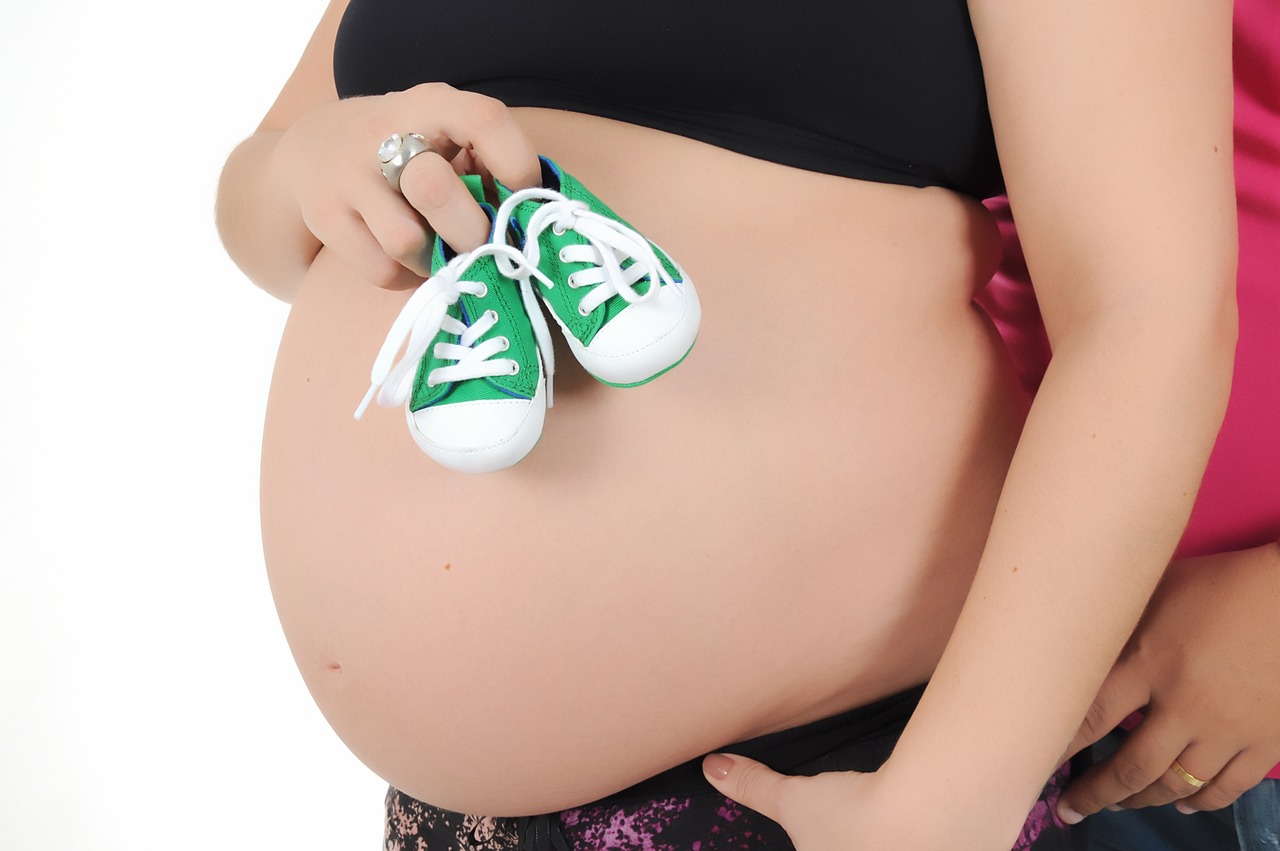Preparing for the glucose test before pregnancy is crucial for ensuring accurate results and proper maternal care. One essential aspect of preparation is choosing the right breakfast options. The meal you consume before the test can significantly impact your blood sugar levels and, consequently, the test results. Let’s delve into some key points to consider when deciding what to eat for breakfast before the pregnancy glucose test.
When it comes to selecting breakfast options before the glucose test, focusing on healthy and nutritious foods is paramount. Opt for foods that are rich in fiber, such as whole grains, fruits, and vegetables. These choices can help maintain stable blood sugar levels and provide sustained energy throughout the test.
Avoiding certain foods is equally important to prevent any sudden spikes in blood sugar levels. Foods high in refined sugars and carbohydrates should be steered clear of before the test. Opt for complex carbohydrates and proteins that are digested more slowly, ensuring a gradual release of glucose into the bloodstream.
The timing of your breakfast is also crucial. It is recommended to consume your meal approximately one to two hours before the glucose test. This timing allows your body to process the food effectively and stabilize your blood sugar levels before the test.
Staying hydrated is essential before the glucose test. Alongside your breakfast, make sure to drink plenty of water to support proper hydration. Additionally, consider beverages like herbal teas or infused water for added hydration benefits.
Lastly, always consult your healthcare provider for personalized advice on what to eat before the pregnancy glucose test. Your provider can offer tailored recommendations based on your individual health status and the specific requirements of the test. By following these guidelines and making informed breakfast choices, you can ensure a smooth and accurate glucose test experience.

Importance of Preparing for the Glucose Test
Understanding the importance of preparing for the glucose test before pregnancy is crucial for ensuring accurate results and proper maternal care. Proper preparation, including selecting the right breakfast options, can significantly impact the outcome of the test and subsequent health management during pregnancy. By being mindful of what you eat for breakfast before the glucose test, you can help maintain stable blood sugar levels and support a healthy pregnancy journey.

Healthy Breakfast Options
When it comes to preparing for the pregnancy glucose test, choosing the right breakfast options is crucial. A healthy breakfast can help stabilize blood sugar levels and ensure accurate test results. Here are some nutritious choices to consider:
- Whole Grain Toast: Opt for whole grain bread over white bread for a slower release of sugars into the bloodstream.
- Greek Yogurt: High in protein and low in sugar, Greek yogurt is a great option to keep you full and satisfied.
- Fruit Salad: Mix various fruits like berries, apples, and oranges for a natural source of sweetness and fiber.
- Scrambled Eggs: Eggs are packed with protein and essential nutrients, making them an excellent choice for a balanced breakfast.
- Oatmeal: Choose plain oats and add nuts or seeds for extra fiber and nutrients without added sugars.
These options provide a good balance of carbohydrates, proteins, and fats to help maintain stable blood sugar levels before the glucose test. Remember, it’s essential to avoid high-sugar and processed foods that can cause blood sugar spikes and skew the test results. By opting for whole, nutrient-dense foods, you can support your overall health and ensure an accurate assessment during the glucose test.

Avoiding Certain Foods
When it comes to preparing for the pregnancy glucose test, it is crucial to be mindful of the foods you consume for breakfast. Certain foods can lead to spikes in blood sugar levels, which may affect the accuracy of the test results. To ensure reliable outcomes, it is important to avoid the following foods before the glucose test:
- Sugary Cereals: Breakfast cereals high in sugar can cause a rapid increase in blood glucose levels, impacting the test results.
- Pastries and Sweet Baked Goods: Foods like donuts, muffins, and sweet pastries are loaded with sugar and can lead to elevated blood sugar levels.
- Sugary Beverages: Avoid sugary drinks such as fruit juices, soda, and energy drinks as they can significantly raise blood sugar levels.
- Processed Foods: Foods high in refined carbohydrates, such as white bread, pancakes, and waffles, should be avoided as they can cause blood sugar spikes.
- Fruit Juices: While fruits are generally healthy, fruit juices can contain high amounts of natural sugars that can impact blood sugar levels.
By steering clear of these foods before the glucose test, you can help maintain stable blood sugar levels and ensure the accuracy of the results. Opting for nutritious, low-sugar breakfast options will support a more reliable assessment of your glucose levels and contribute to better overall pregnancy care.

Timing of Breakfast
When it comes to the timing of breakfast before the pregnancy glucose test, precision is key. It’s not just about what you eat, but also when you eat it. The timing can significantly impact the accuracy of the test results and ensure that your body responds appropriately to the glucose solution. So, when should you have your breakfast to prepare for this important test?
Here are some essential tips to help you nail the timing of your breakfast:
- Early Morning: Aim to have your breakfast early in the morning, ideally within an hour of waking up. This timing allows your body to process the food efficiently and stabilize your blood sugar levels before the test.
- Avoid Prolonged Fasting: While it’s important not to eat too close to the test, prolonged fasting can also affect the results. Try not to go more than 8-10 hours without eating to prevent fluctuations in blood sugar levels.
- Follow Healthcare Provider’s Guidelines: Your healthcare provider may provide specific instructions on when to have your breakfast based on the timing of your test. It’s crucial to follow their guidance for the most accurate results.
Remember, the timing of your breakfast can impact how your body processes glucose and influences the test outcome. By following these timing tips and coordinating with your healthcare provider, you can ensure that your breakfast sets the stage for a successful pregnancy glucose test.

Hydration Tips
When preparing for the pregnancy glucose test, staying hydrated is crucial for ensuring accurate results and supporting overall health. Proper hydration can help maintain stable blood sugar levels and prevent any potential complications during the test. Here are some hydration tips to consider:
- Drink Water: Water is the best choice to stay hydrated before the test. Aim to drink at least 8-10 glasses of water throughout the day to ensure proper hydration.
- Avoid Sugary Drinks: Stay away from sugary beverages like soda and fruit juices as they can affect blood sugar levels. Opt for water or unsweetened herbal teas instead.
- Consider Electrolyte Drinks: If you prefer flavored drinks, choose electrolyte-enhanced beverages that are low in sugar to replenish electrolytes lost through hydration.
- Coconut Water: Coconut water is a natural source of electrolytes and can be a good option for hydration before the test. Just make sure to choose varieties without added sugars.
- Avoid Caffeine: Limit your intake of caffeinated beverages like coffee and tea, as they can have diuretic effects and lead to dehydration. Opt for decaffeinated options if needed.
Remember, maintaining proper hydration levels is essential not only for the glucose test but also for overall well-being. Consult with your healthcare provider for personalized recommendations on staying hydrated before the test based on your individual health needs.

Consulting Healthcare Providers
When it comes to preparing for the pregnancy glucose test, consulting healthcare providers plays a crucial role in ensuring the process goes smoothly. These professionals are equipped with the knowledge and expertise to provide personalized guidance tailored to individual health needs and test requirements. By seeking advice from healthcare providers, expectant mothers can gain valuable insights into the best breakfast options to consume before the test.
Healthcare providers can offer recommendations on specific foods to include in the pre-test meal that will help stabilize blood sugar levels and yield accurate results. They can also advise on foods to avoid, such as sugary cereals or pastries, which could lead to spikes in blood sugar levels and impact the test outcome. Additionally, healthcare providers can provide guidance on the optimal timing for consuming breakfast before the glucose test to ensure reliable results and support overall maternal health.
Moreover, healthcare providers can offer hydration tips to pregnant women preparing for the glucose test. Staying well-hydrated is essential for the body to function properly and can help support the accuracy of the test results. Healthcare providers may recommend suitable beverages to accompany the recommended breakfast choices, such as water or herbal teas, to maintain hydration levels before the test.
Overall, consulting healthcare providers before undergoing the pregnancy glucose test is essential for receiving personalized and expert advice on breakfast options, timing, and hydration. By collaborating with healthcare professionals, expectant mothers can optimize their preparation for the test and ensure the best possible outcomes for both themselves and their baby.